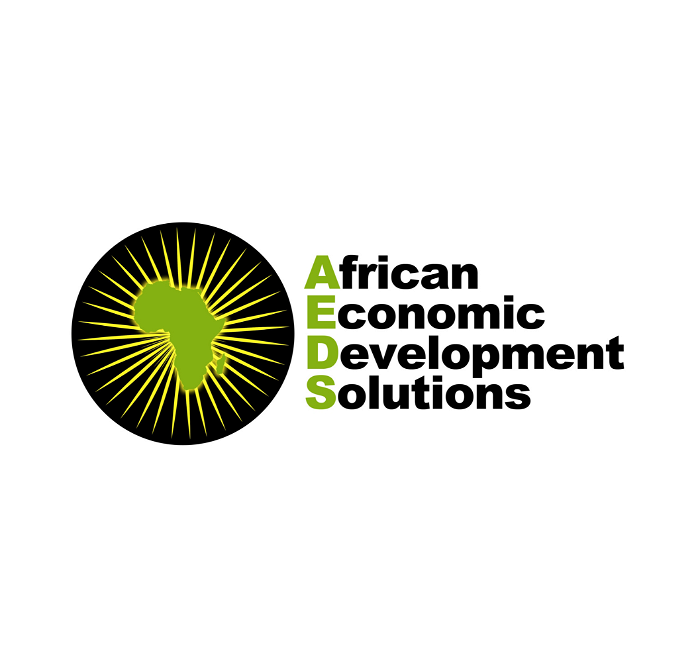

Announcing the 10 Organizations of the Rural Immigrant Success Exchange
March 13, 2023
At a Glance
The two-year initiative focuses on breaking down systemic barriers for rural refugees and immigrants.
Ten organizations serving rural refugee and immigrant communities have been awarded $150,000 in funding, over a two-year grant period, for their efforts to advance economic inclusion for immigrants, refugees, and migrants in rural communities across the United States.
Immigrants play a key role in rural communities facing economic decline, an aging workforce, and youth migration away from these geographies. However, current research details a too often unstable and unsafe entry point for immigrants, refugees, and migrants in rural areas, making access to quality jobs and economic advancement a significant challenge.
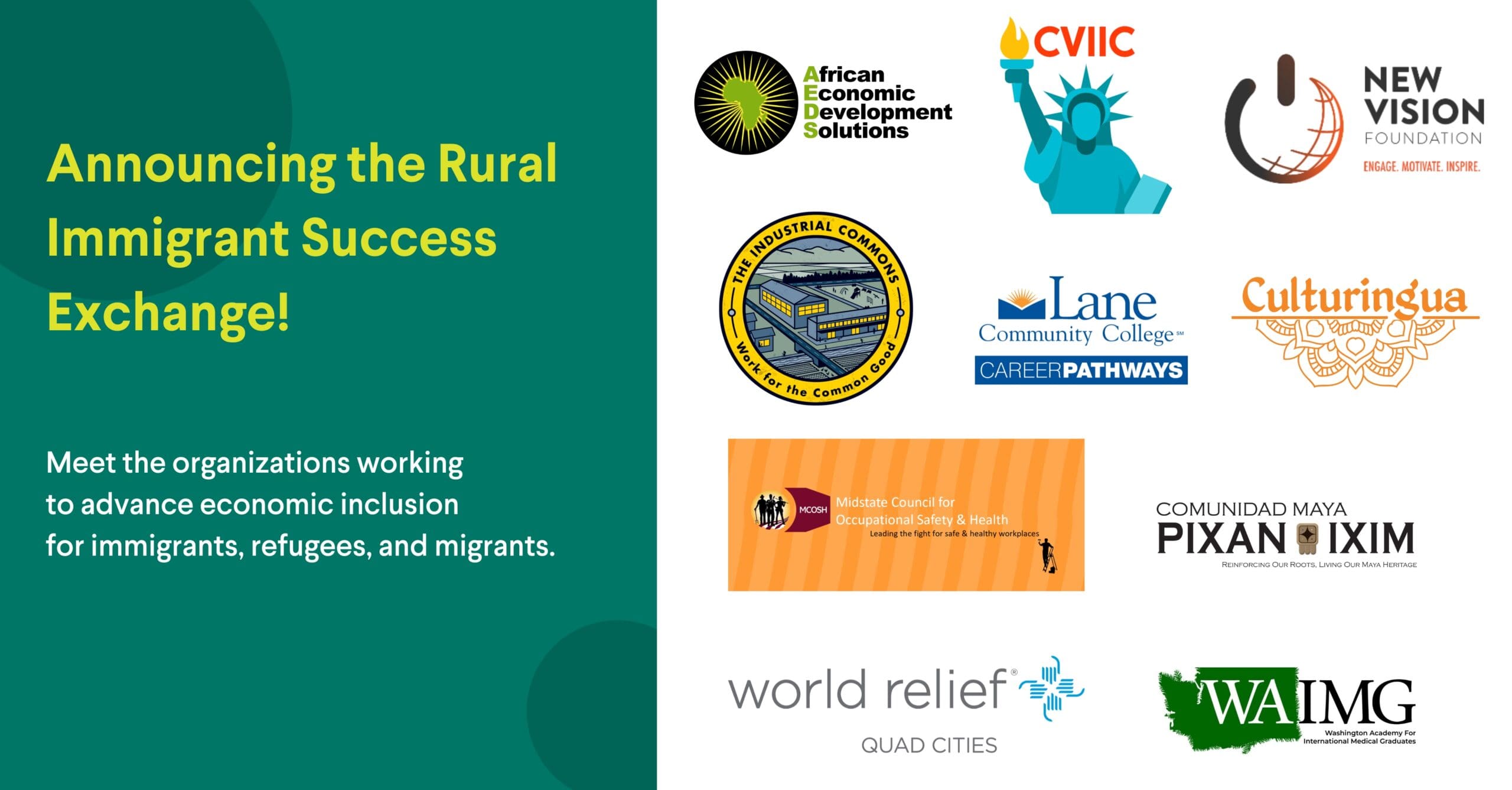
Jobs for the Future (JFF), together with Ascendium and the World Education Services (WES) Mariam Assefa Fund, has embarked on an ambitious two-year initiative focused on the economic advancement of immigrants, refugees, and migrant workers in rural areas. The Rural Immigrant Success Exchange (RISE) will build a network of education and training providers working to break down barriers to education, training, and employment for immigrant and refugee workers residing in rural communities across the United States.
RISE: Elevating Workforce Development Solutions for Immigrants and Refugees
RISE will support 10 organizations as they innovate and scale best-in-class workforce development, education, and training services for rural refugee and immigrant populations over the next two years. Through the network, RISE hopes to catalyze these best practices and lean into peer learning and growth areas that will inform future work and funding opportunities in the field. The 10 RISE finalists were selected through a highly competitive and comprehensive application process, yielding more than 100 initial applications. The competitive nature of the process demonstrates the growing need to support immigrants, refugees, and migrants living in rural communities and working in low-income jobs.
RISE organizations work to mitigate the barriers to job market entry and economic advancement that immigrants and refugees in rural communities often face. Such barriers include a lack of access to transportation, workforce systems, translated upskilling or reskilling services, small business development support, and clear, re-credentialing pathways. Many of the programs RISE funding will support are pilot projects that lacked adequate resources before this opportunity, including standing up a Registered Apprenticeship program in rural Texas and expanding coding boot camps in rural Minnesota. Looking at complex sociological, cultural, and economic factors within the rural U.S. landscape, RISE organizations sustain a menu of interdisciplinary approaches in service of economic advancement.
The 10 RISE organizations will participate in JFF-administered technical assistance activities throughout the two-year grant period, including bimonthly peer-learning community events, annual in-person convenings, and on-demand coaching services. They will also engage with JFF’s research and analytics team. This team will conduct a network-wide learning agenda and evaluation inclusive of prioritized questions and activities that capture insights gleaned from RISE. Field-facing publications will share these RISE lessons learned, specifically highlighting effective implementation strategies and insights on current and future program design. Facilitating this rich learning environment and community of practice will be a focal point of the RISE initiative.
Meet the RISE Members
While each organization is unique in structure, specific populations served, and program offerings, RISE unanimously works to strengthen and leverage relationships and partnerships, which are crucial in rural contexts. This community buy-in will accelerate the Network’s success and demonstrate RISE organizations’ adaptability and responsiveness to ever-changing community needs. Additionally, the organizations’ proven track records of success are directly linked to their proximate leadership: All RISE member organizations are led and run by individuals with life histories and experiences similar to the populations they serve. Research shows that proximate leadership and staff compound organizational impact through approaches and services that are more relevant and accessible.

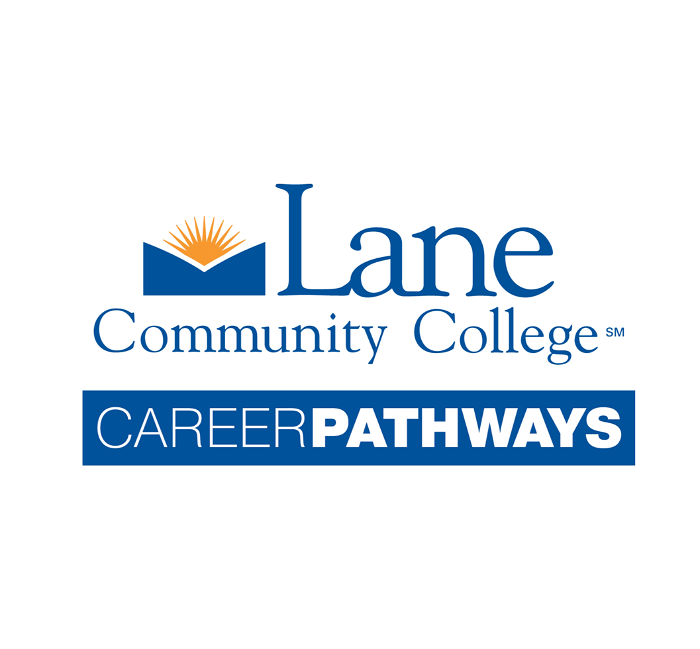
Oregon

California

Nebraska

Texas

New York
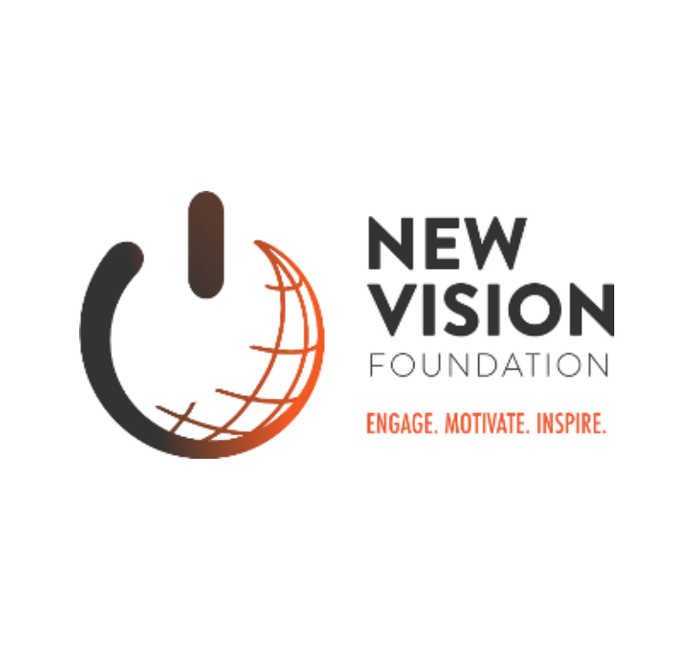
Minnesota
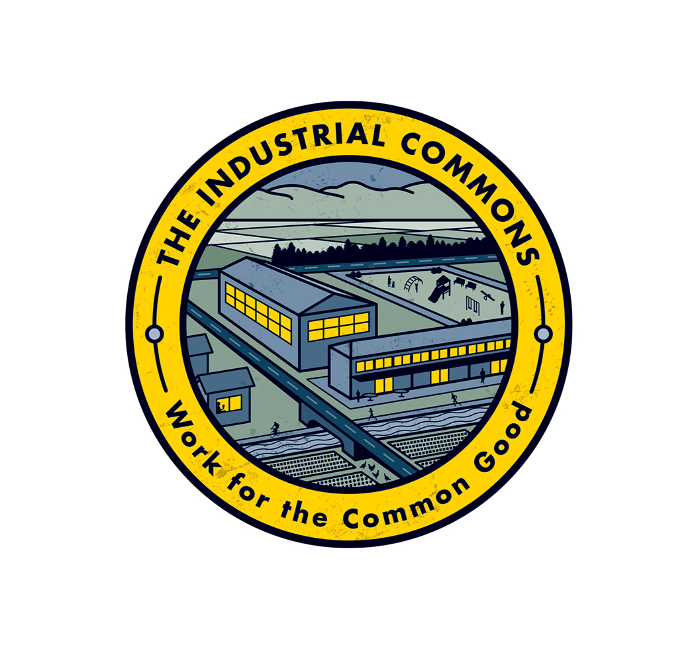
North Carolina

Washington
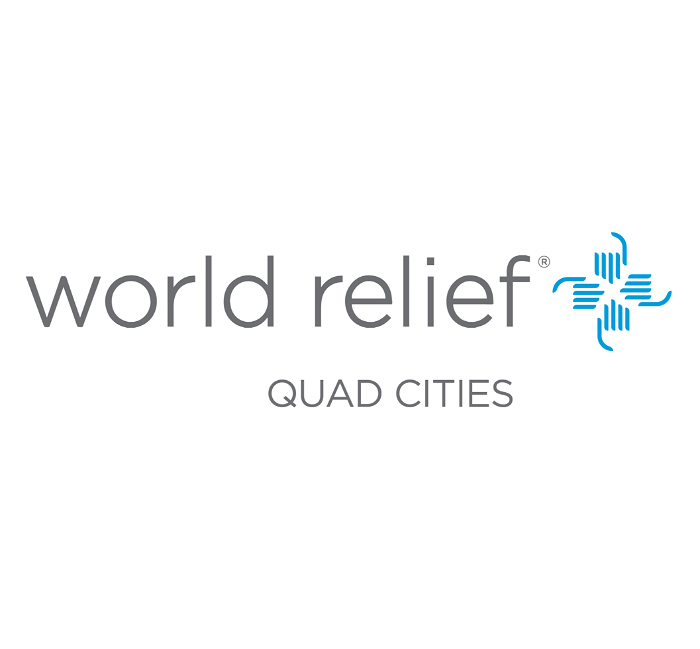
Illinois
Ascendium, JFF, and WES are honored to support the RISE Network and look forward to championing RISE work and disseminating learning to the broader field. Please stay in touch and follow along as we continue to learn more about the many pathways to economic upliftment for immigrants, refugees, and migrants in rural communities across the United States.